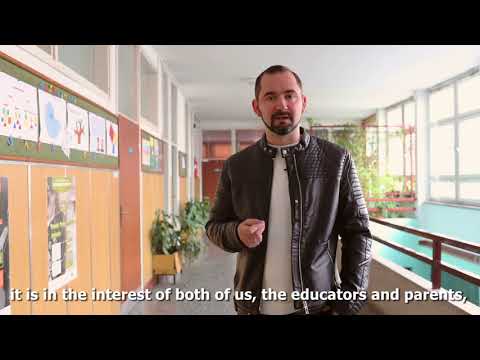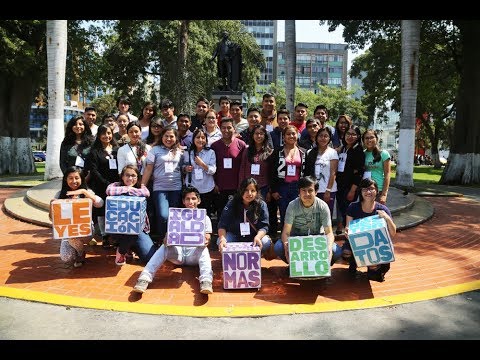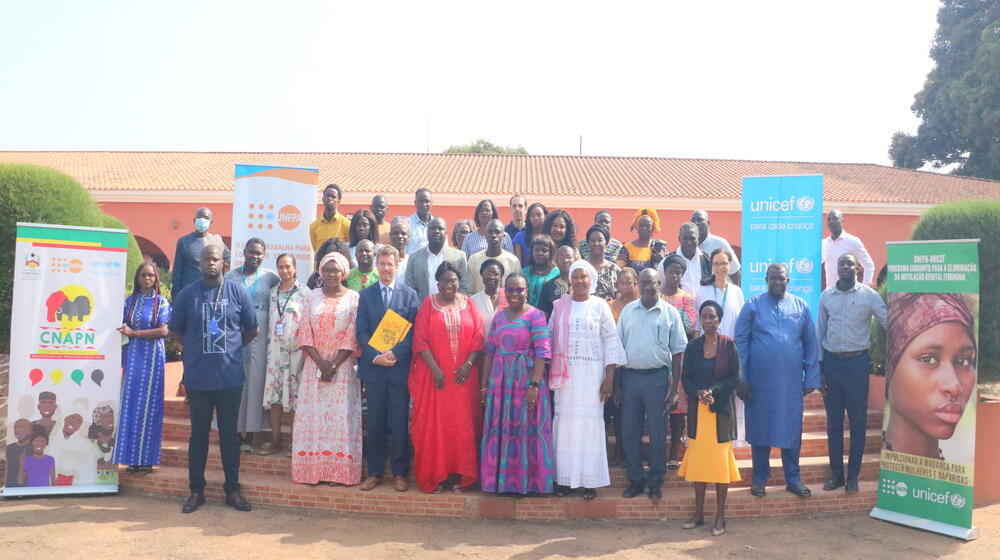Bissau, 24 February 2023 - As part of the Joint UNFPA/UNICEF Programme for the elimination of Female Genital Mutilation (FGM), a roundtable discussion on FGM in Guinea Bissau was held today, to reflect with stakeholders on the results achieved and the efforts made in the area of FGM a decade after the approval of the law, and to outline strategies that can accelerate the end of this practice.

The opening ceremony, which took place in Bissau, was chaired by the Minister of Women, Family and Social Solidarity, the Representative of the United Nations Population Fund, UNFPA, and the Representative of the United Nations Children Fund, UNICEF.

It should be noted that FGM, a human rights violation, is a practice in many countries that is based on tradition, i.e. a mixture of cultural and social reasons, such as social pressure and convention, religious beliefs among others.

However, since 2008, UNFPA and UNICEF have led the largest global programme to accelerate the elimination of FGM. This programme works with an inclusive and participatory strategy, with different civil society organizations, local communities, government authorities for changes in social and gender norms that can positively impact the health and well-being of girls and women in Guinea-Bissau.
The 4th phase of the Joint Programme, launched in 2022, aims to strengthen and intensify all efforts towards the elimination of female genital mutilation by 2030.


